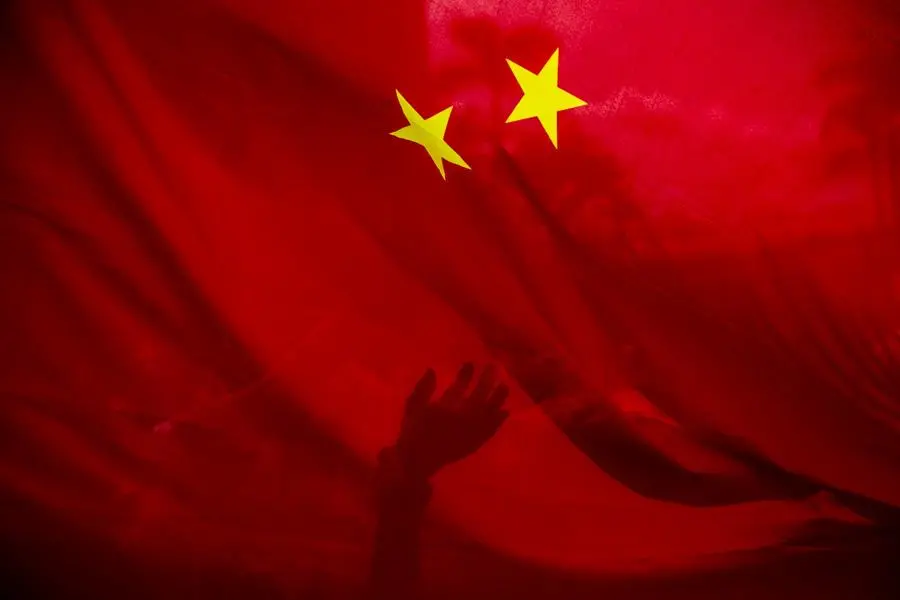PHOTO
New China Coast Guard rules taking effect Saturday will allow officers to detain foreigners in disputed areas of the South China Sea for up to 60 days without trial.
Beijing claims almost the entirety of the body of water, brushing aside competing claims from several Southeast Asian nations including the Philippines and an international ruling that its stance has no legal basis.
Chinese and Philippine vessels have had a series of confrontations around the Second Thomas Shoal, with Beijing accusing Manila of illegally grounding a navy vessel on the disputed reef.
According to rules Beijing has published online, China's Coast Guard will from Saturday be able to detain foreigners "suspected of violating management of border entry and exit".
A detention period of up to 60 days is allowed for "complicated cases", and "if the nationality and identity (of detainees) is unclear, the period of detention for examination will be counted from the day their identity is determined," the rules say.
And "foreign ships that have illegally entered China's territorial waters and the adjacent waters may be detained in accordance with the law with the approval of the head of a Coast Guard agency at or above the municipal Coast Guard agency."
To assert its claims, Beijing deploys coast guard and other boats to patrol the waters and has turned several reefs into militarised artificial islands.
The Philippines has accused the Chinese coast guard of "barbaric and inhumane behaviour" against Philippine vessels, with President Ferdinand Marcos this month blasting "illegal, coercive, aggressive and deceptive" actions in the South China Sea.
China Coast Guard vessels have used water cannon against Philippine boats multiple times in the contested waters, where there have also been collisions that injured several Filipino troops.
Former foreign ministry spokesman Wang Wenbin said in May that the new regulations were intended to "standardize the administrative law-enforcement procedures of Coast Guard agencies and better uphold order at sea".
"Individuals and entities have no need for concern as long as they have not done anything illicit," Wang said.





















